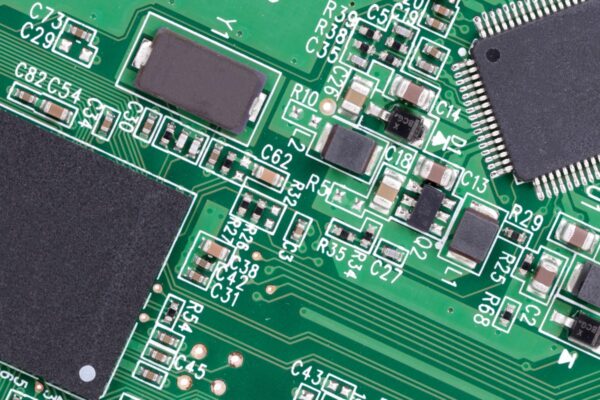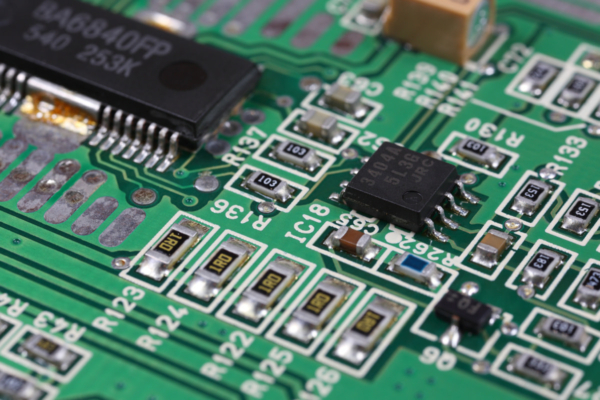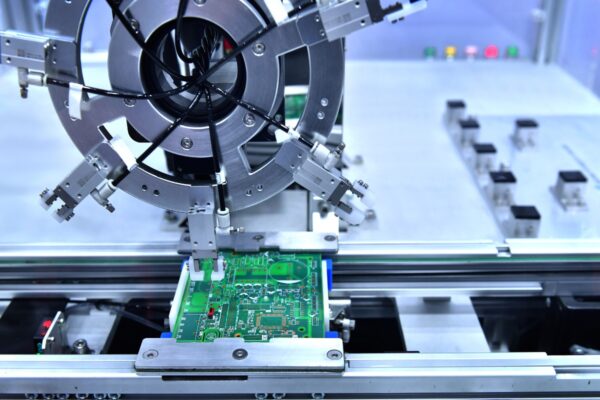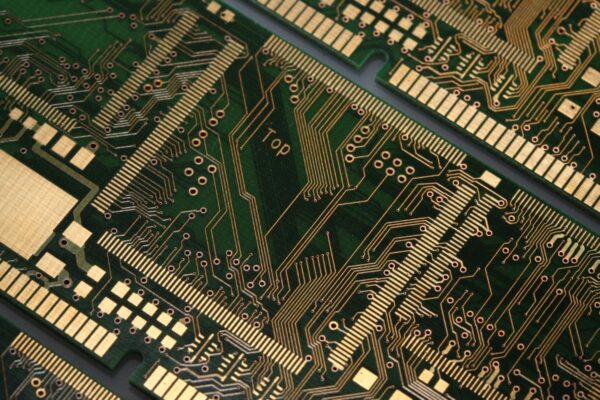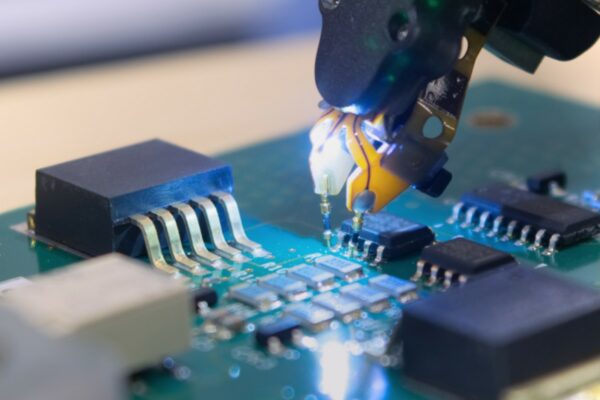What is Etch Factor
Etch factor is the ratio between the depth of etch (conductor thickness) and the amount of lateral etch or undercut that occurs during the etching process. During PCB fabrication, copper needs to be removed from solid copper sheets to create conductive traces. To achieve this, a resist is applied to protect the intended copper features from the chemical etching solution. However, during the etching process, some of the copper between the resist and the laminate/base material is also etched away, resulting in undercut.
The etch factor is a consideration in PCB manufacturing as it affects the final dimensions of the traces. It is calculated by dividing the thickness of the base copper by the amount of undercut. By understanding the etch factor, engineers can compensate for the material that will be etched away during the process, ensuring that the post-etching traces meet the design requirements.
To account for the etch factor, a process called etch compensation is performed. This involves increasing the size of the traces to accommodate the expected etching loss. By doing so, the engineers ensure that the final dimensions of the traces align with the design specifications.
